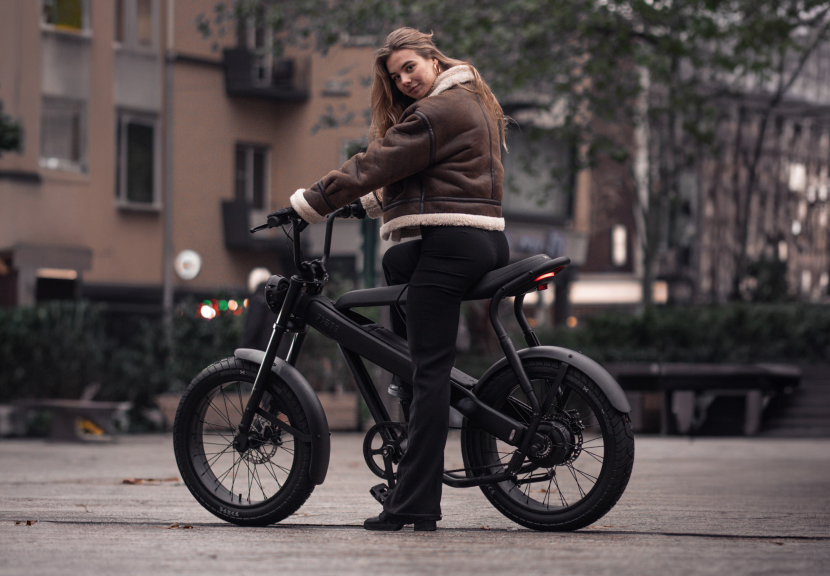
Four Dutch manufacturers to tackle illegally boosted fat bikes

Fat bikes, electric bicycles with fat tires, can reach a maximum speed of 25 kilometers per hour, which aligns with Dutch lregulations but they are often illegally boosted to make them faster /Brekr
A group of four fat bike manufacturers wants to prevent illegally boosted bicycles. Together, Brekr, Phatfour, Doppio, and Knaap will presen


Comments
Ready to join the conversation?
You must be an active subscriber to leave a comment.
Subscribe Today